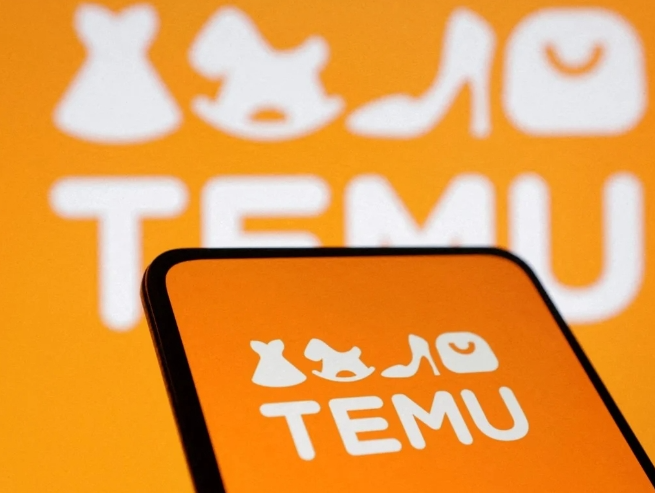The White House has introduced new trade measures aimed at curbing low-value imports from Chinese e-commerce platforms such as Shein and Temu. These actions are part of a broader effort to reduce the scope of items eligible for duty and tax exemptions while imposing significant tariff increases on billions of dollars worth of Chinese imports.
Daleep Singh, the deputy national security adviser for international economics, announced the measures during a briefing on Thursday. He explained that the new policies target the “de minimis” rule, which allows imports valued under $800 to bypass duties, taxes, and thorough screening processes. The rule has been increasingly scrutinized due to its perceived misuse by Chinese e-commerce giants.
“These actions aim to revoke de minimis eligibility for products that are subject to trade enforcement under Section 301, Section 201, and Section 232,” Singh said. “This change ensures consistency across U.S. trade laws and will significantly reduce the number of shipments entering the country under the de minimis exemption.”
According to Singh, around 70% of Chinese textile and apparel imports fall under Section 301 tariffs. By eliminating de minimis for these goods, the U.S. intends to limit the number of tariff-free shipments coming from China, especially from companies like Shein and Temu.
The crackdown on low-value imports is part of an ongoing trade conflict that began in 2018, when former president Donald Trump imposed tariffs ranging from 7% to 25% on $300 billion worth of Chinese goods under Section 301 of the Trade Act of 1974. The tariffs were introduced to address what the Trump administration called “unfair” trade practices by China.
By tightening de minimis rules and imposing higher tariffs, the Biden administration aims to protect American industries while addressing loopholes that Chinese e-commerce companies have reportedly exploited to flood the U.S. market with low-cost goods.
This move signals a broader strategy to strengthen U.S. trade laws and clamp down on Chinese imports that have long benefited from tax exemptions. The new measures are likely to increase scrutiny on e-commerce platforms and heighten tensions between the two global economic powerhouses.

